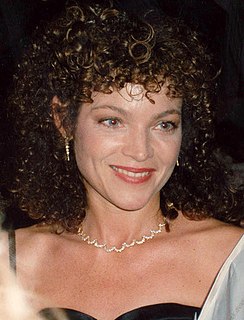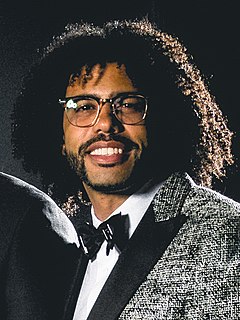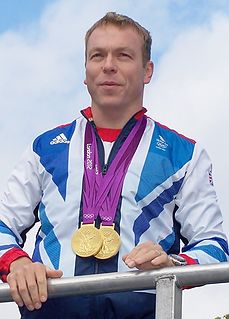A Quote by Ta-Nehisi Coates
When I grew up in West Baltimore, anything associated - and I'm talking about my childhood - with white people 99 percent of the time was something malevolent, like it was an explanatory force for something bad.
Related Quotes
Actors are not a great breed of people, I don't think. I count myself as something of an exception. I grew up in the theater, and my values were about the work, and not being a star or anything like that. I'm not spoiled in that way, and if I fight for something, it's about the work, not about how big my trailer is.
Oftentimes, it feels like we spend so much of our life waiting to make art, waiting for somebody to let us do something. You don't really have to do that. You can make it all the time. And 99 percent of the time, it's not going to be a big deal on a global scale. But 100 percent of the time, it's going to make you feel amazing.
I think that we need more economic-based solutions to the problems afflicting the Black community, and I think that that's a way to redefine affirmative action. I grew up with poor white people in West Virginia, and I know there's a culture of poverty. I know that I've seen white people perform exactly the same pathological forms of behavior as Black people do when they're systematically deprived, whether it's getting pregnant, doing drugs, dropping out of school, whatever we're talking about. I think that we should have affirmative action for poor white people too.
It sounds so innocuous but the difference between 99 percent and 100 percent is huge. You can finish at 99 percent and you'll be hurting but if you push a tiny bit more - and that's the bit that makes the difference to your training - your legs just grind to a halt. It's like your engine is seizing up.

































